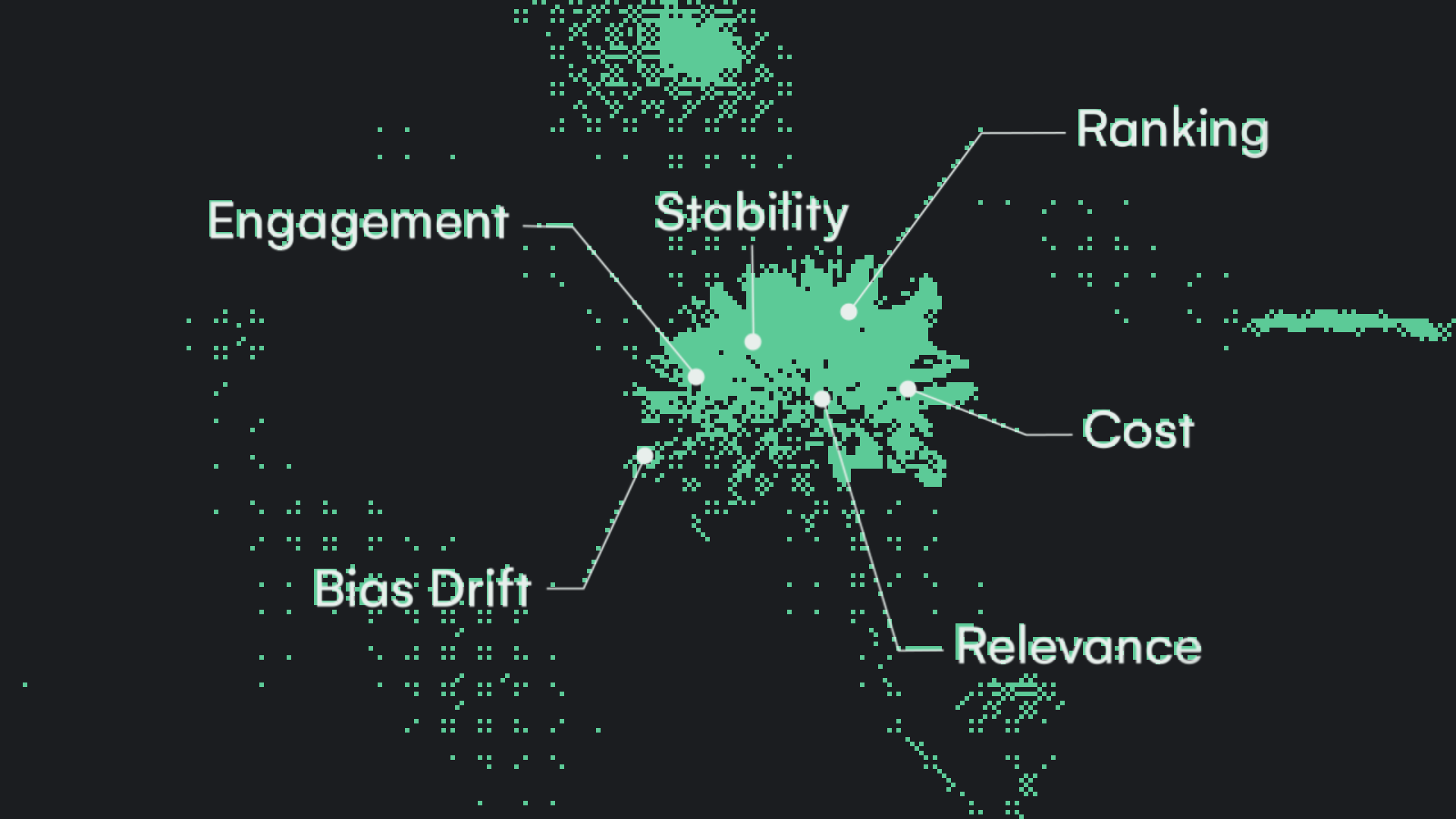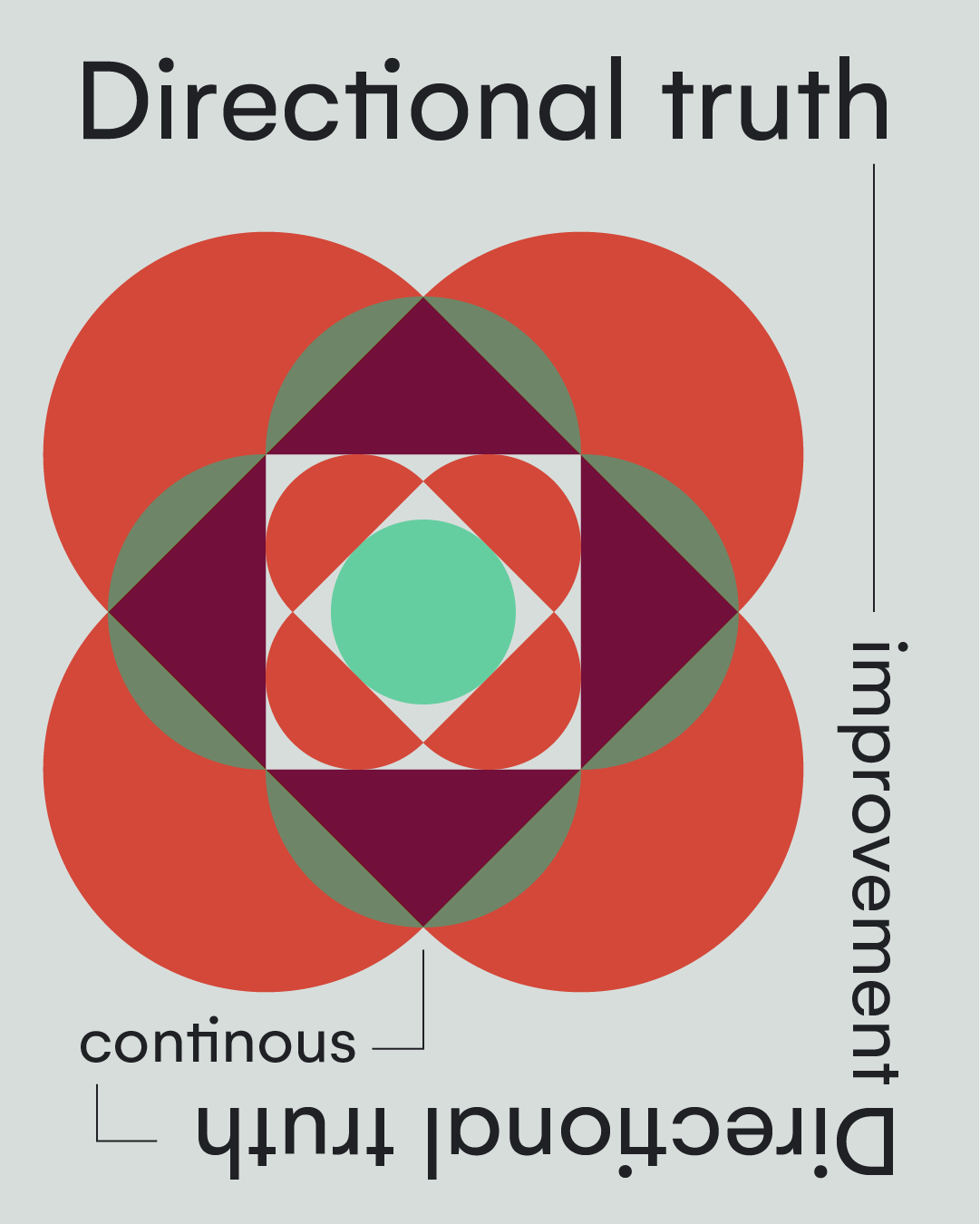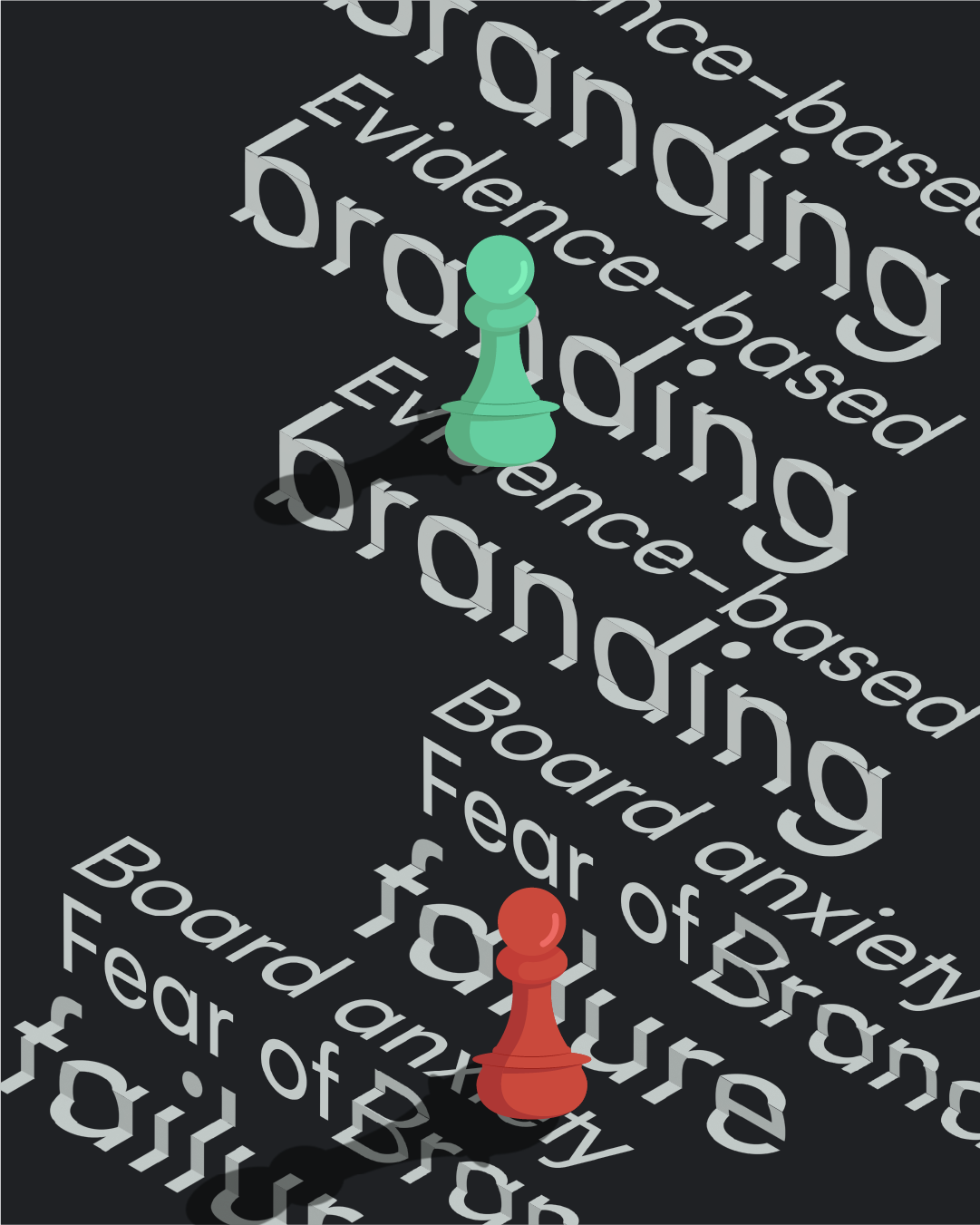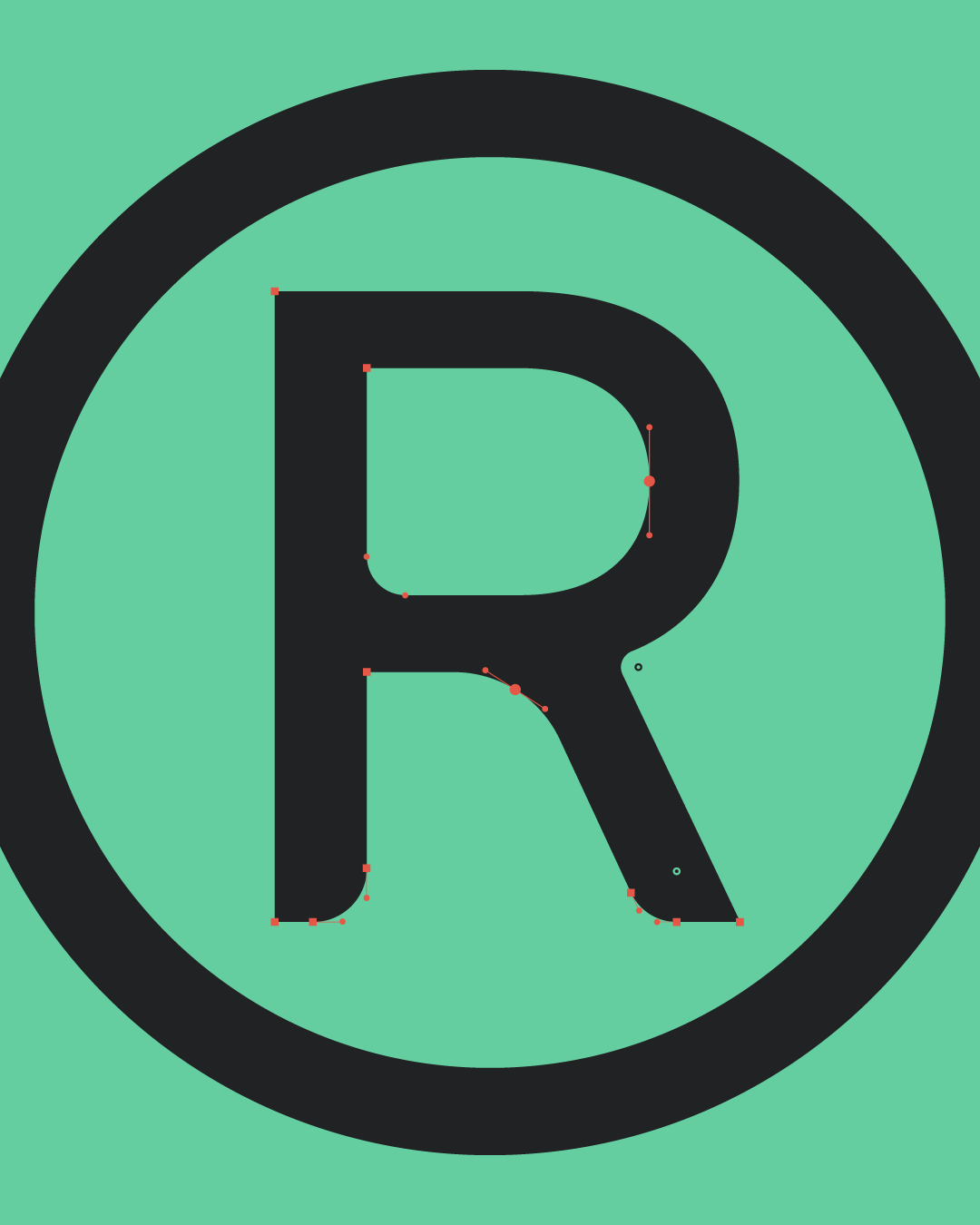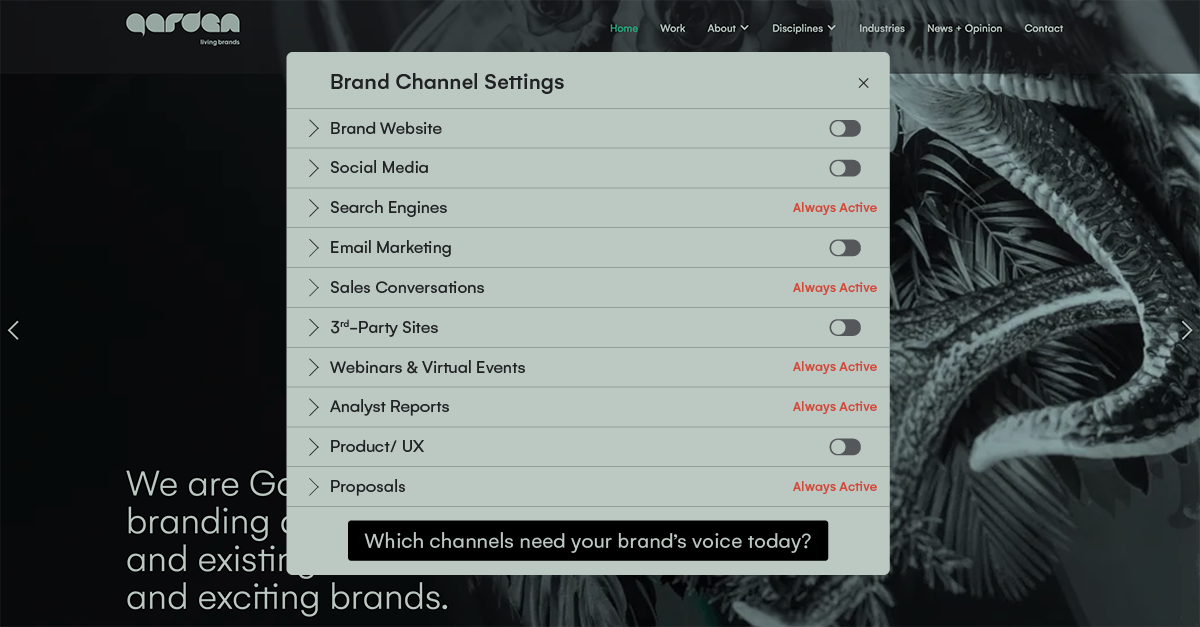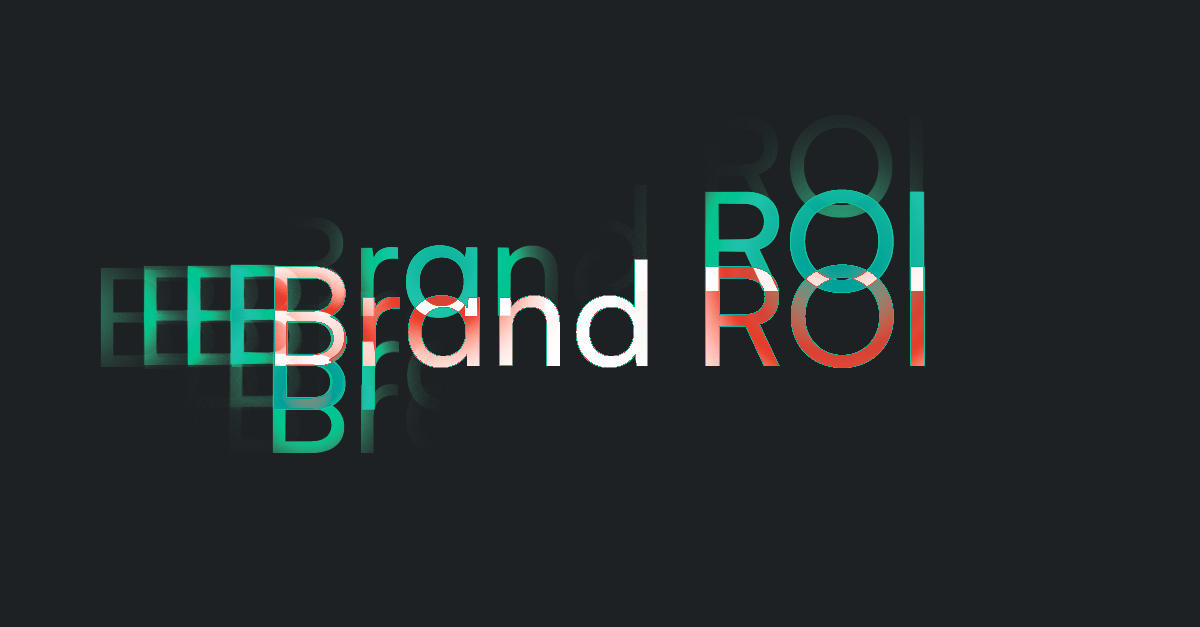Brand reputation: No such thing as bad publicity? Insights & strategy on how to improve your own
At its core, brand reputation management is the continuous and expert process of monitoring, influencing, and managing the public perception of a brand across all channels. It’s about actively shaping what your stakeholders - customers, employees, investors, and the public - think and feel about you.
It's vital to distinguish between two related ideas. Your brand image is the identity you project; the logo, the colours, the clever marketing campaigns. Your brand reputation, however, is what people truly believe about you based on their collective experiences and your actions. It's the living, breathing essence of your brand in the wild.
This guide will provide a holistic, unbiased framework for managing that vital asset. We'll bridge high-level strategy with actionable tactics, focusing on both proactive building and reactive defence, proving that the strongest reputations are always built from the inside out.
What is brand reputation?
Brand reputation management (BRM) is the continuous process of monitoring, influencing, and managing the public perception of a brand across all digital and offline channels. It involves actively shaping what stakeholders - including customers, employees, and investors - think and feel about a business based on its actions and communications.
Brand reputation vs brand image
It is vital to distinguish between brand reputation and brand image. Your brand image is the identity you project to the public, such as your logo, colours, and marketing campaigns. In contrast, your brand reputation is what people truly believe about you based on their collective experiences and your actions. It is the living, breathing perception of your brand in the public sphere.
What makes up brand reputation?
Your brand's reputation stems from multiple sources and touchpoints:
Direct experiences
- Product or service quality
- Customer service interactions
- Website and app functionality
- In-store or online shopping experience
- Employee interactions
Indirect influences
- Word-of-mouth recommendations
- Online reviews and ratings
- Social media presence and engagement
- News coverage and media mentions
- Corporate social responsibility efforts
- Employee satisfaction and workplace culture
Why brand reputation matters
In today's interconnected world, reputation carries more weight than ever before. A strong brand reputation delivers several crucial benefits:
Trust and credibility
When customers trust your brand, they're more likely to choose your products or services over competitors, even at premium prices. This trust transforms into loyalty, leading to repeat business and organic word-of-mouth marketing.
Market performance
Companies with positive reputations typically enjoy stronger financial performance. They can command higher prices, attract better talent, and often recover more quickly from market downturns or industry challenges.
Crisis resilience
A solid reputation acts as a buffer during difficult times. When problems arise, customers are more likely to give well-regarded brands the benefit of the doubt and remain loyal through challenges.
Stakeholder relations
Beyond customers, a strong reputation positively influences relationships with employees, investors, partners, and suppliers. This broader impact creates a supportive ecosystem for business growth and stability.
The dynamic nature of brand reputation
Brand reputation isn't static – it evolves constantly based on:
- Changing consumer expectations
- Market trends and competition
- Social and cultural shifts
- Company actions and responses
- Digital presence and online conversations
- Customer experiences and feedback
This dynamic nature means reputation requires ongoing attention and management. Companies must actively monitor, maintain, and strengthen their reputation through consistent actions and communications that align with their stated values and customer expectations.
Understanding that reputation management isn't just about damage control but about building and maintaining positive perceptions through every business decision and customer interaction is crucial for long-term success. Whether you're a small startup or an established corporation, your reputation serves as a fundamental asset that influences nearly every aspect of your business performance.
The four pillars of a modern reputation strategy
An unshakeable reputation is built upon four interconnected pillars. This framework is a philosophy for how a brand should exist and behave in the modern world.
Pillar 1: Character (your values in action)
Character is the moral core of your brand. It is about corporate ethics, social responsibility, and the unwavering alignment between what you say and what you do. It is demonstrated through consistent, principled action rather than grand gestures.
Example: Patagonia's ""Don't Buy This Jacket"" campaign was a masterclass in character. By encouraging consumers to think about sustainability and reduce consumption, they reinforced their core values, built immense trust, and strengthened brand loyalty and sales.
Pillar 2: Competence (delivering on your promise)
This is the bedrock of any good reputation. Simply put, you must be good at what you do. Competence covers the quality of your products and services, the effectiveness of your customer support, and your overall operational excellence. It is the sum of every interaction a customer has with your brand.
Pillar 3: Communication (how you engage with the world)
Your brand's reputation is significantly shaped by how you communicate with your stakeholders. This pillar emphasises transparency, authenticity, and responsiveness in all interactions. It encompasses your public relations efforts, your social media voice, and every customer service email, all of which contribute to building and maintaining a strong brand reputation. Honest and open communication is essential for fostering trust with your customers.
Pillar 4: Culture (the 'inside-out' foundation)
A great reputation starts internally. A positive, supportive company culture creates passionate brand advocates in your employees. When your team believes in the mission and feels valued, that authenticity shines through in every customer interaction, creating a genuine and sustainable positive perception.
What makes or breaks a brand's reputation: Real-world lessons
While understanding brand reputation in theory is valuable, examining real-world examples provides crucial insights into how reputational management plays out in practice. Some of the world's most recognised brands have experienced both triumphs and significant challenges in maintaining their reputation, offering valuable lessons for businesses of all sizes.
xThese cases demonstrate how quickly a strong reputation can unravel through poor decisions, misaligned values, or inadequate responses to crises. They also show that no brand, regardless of its size or historical standing, is immune to reputational damage.
Let's explore some notable examples that illustrate the delicate nature of brand reputation and the lasting impact of corporate decisions:
Uber: A rapid rise, but at what cost?
Now let’s examine Uber. This disruptive brand quickly overtook traditional licensed taxis, famously challenging London’s iconic Black Cabs, which had served the city for over 120 years. Uber offered customers convenience and affordability, while Black Cabs were historically more expensive due to their rigorous training, safety standards, and higher service levels. For many, Uber was a welcome alternative, not only in London but across the UK and around the globe.
However, the initial success came at a cost. Uber’s reputation was severely damaged by a series of scandals, including allegations of a toxic workplace culture, sexual harassment claims, and regulatory violations. This led to a decline in public trust and significant profit losses.
While Uber has since implemented management changes and operational reforms to recover, these issues could have been mitigated had they been addressed from the start. A more ethical approach to branding and operations would have saved the company from reputational damage and profit losses in the long run.
Boeing: When safety takes a backseat
Another example is Boeing, a brand that historically symbolised professionalism and trust in the aerospace industry. However, two fatal crashes involving the Boeing 737 MAX in 2018 and 2019 revealed serious flaws in the company’s safety standards. A faulty software system, coupled with accusations of prioritising profits over passenger safety, devastated the brand. The 737 MAX was grounded worldwide, costing Boeing billions and irreparably damaging its reputation as a trusted leader in aerospace.
This is a clear example of how sacrificing brand values—such as safety and reliability—for short-term gains can result in long-term reputational and financial losses.
Pepsi: A tone-deaf marketing misstep
Consider a family favourite like Pepsi. In a now infamous marketing misstep, Pepsi aired a controversial ad featuring Kendall Jenner, which was widely criticised for trivialising social justice movements and demonstrating a significant lack of cultural awareness. This campaign was a prime example of how a brand's reputation can be severely impacted by tone-deaf messaging.
The ad was quickly pulled, and an apology was issued, but the backlash highlighted the critical importance of understanding your audience and the broader social context. The lesson for all brands is clear: authenticity and genuine connection with customers are paramount. Venturing into highly contentious social or political issues without careful thought and sincere conviction poses substantial risks to a brand's reputation, often far outweighing any perceived benefits.
More examples of reputational damage
There are countless other examples:
- Nike: Criticised for its use of sweatshops in manufacturing.
- Cartier: Tarnished by associations with blood diamonds.
- Wells Fargo: Damaged by the fake accounts scandal.
- BP: Infamous for the Deepwater Horizon oil spill and the "Beyond Petroleum" narrative.
- Gerald Ratner: Famously destroyed his jewellery business by calling his own products "rubbish," leading to the collapse of the brand.
These cases highlight a common theme: large corporations often prioritise cost-cutting and short-term profits, ignoring the risks to their reputation. This shortsighted approach frequently results in financial losses, long-term damage to brand equity, and, in some cases, complete failure.
Building a strong brand reputation
Building a strong brand reputation requires deliberate strategy, consistent execution, and long-term commitment. While many companies focus solely on marketing or PR, true reputational strength comes from aligning every aspect of your business with your desired reputation while maintaining authenticity throughout all interactions.
Developing a clear brand identity
Developing a clear brand identity is paramount for building a robust brand reputation. Consider your identity as your company's core personality and its fundamental promise to customers. This encompasses not only visual elements such as logos and colours but, crucially, your mission, values, and brand voice.
A compelling mission statement articulates your purpose, while deeply ingrained core values guide decision-making and behaviour across your organisation, directly influencing how customers perceive you. Ensuring your brand voice remains consistent across all touchpoints – from social media interactions to customer service and marketing materials – is vital for cultivating trust and strengthening your overall reputation.
Creating authentic customer experiences
Every interaction a customer has with your brand shapes your reputation. Focus on delivering experiences that align with your brand promises. This means going beyond just providing quality products or services – it's about creating meaningful connections at every touchpoint. Consider how your brand makes people feel, from their first website visit to their post-purchase support needs.
Key elements of exceptional customer experience include:
- Consistent quality across all products and services
- Responsive and empathetic customer service
- Transparent communication about policies and practices
- Swift and fair resolution of any issues
Building internal culture and employee engagement
Your employees serve as your most important brand ambassadors. A strong internal culture naturally translates into better customer experiences and a stronger reputation. When employees believe in your brand values and feel valued themselves, they become powerful advocates who enhance your reputation through every interaction.
Foster this culture by investing in employee development, encouraging open communication, and ensuring your internal practices align with your external brand promises. Remember, what happens inside your organisation eventually reflects in your external reputation.
Corporate social responsibility and community impact
Modern consumers expect brands to contribute positively to society. However, this goes beyond simple charitable donations or environmental initiatives. True corporate responsibility means integrating sustainable and ethical practices into your core business operations.
Consider how your business impacts various stakeholders and communities, and look for meaningful ways to create positive change that aligns with your brand values.
Managing through change and crisis
Even the strongest reputations face challenges. The key is preparing for potential issues before they arise. Develop clear protocols for crisis communication and ensure key team members understand their roles in managing reputational challenges. More importantly, build a foundation of trust through consistent, ethical behaviour that will help your brand weather any storms.
Remember that building a strong brand reputation is a continuous journey rather than a destination. It requires constant attention, genuine commitment to your values, and the ability to adapt while maintaining your core identity. The most respected brands achieve this balance, earning trust through consistent delivery on their promises while evolving to meet changing customer needs and expectations.
Branding consultancy insights: Building trust for long-term success
At the end of the day, brands are almost always created with profitability as the primary goal. In our capitalist world, shareholder value and financial performance are the ultimate drivers, contributing to a country’s GDP. While some brands claim to focus on purpose, this is often "purpose washing"—a marketing strategy to boost profits. Whether it’s virtue signalling, exaggerating achievements, misleading consumers, or greenwashing, these tactics rarely align with authentic brand values.
As a branding consultancy, our role is to guide clients in protecting their brand reputation. By advising them to act ethically and remain authentic, we help them build long-term consumer trust. This trust is the foundation of enduring profitability and sustainable growth.
Unfortunately, we often encounter resistance from clients who prioritise short-term objectives over long-term brand health. While we can foresee the consequences of these decisions, we are frequently overruled. It’s frustrating, but we always aim to act in the best interests of our clients, even when their vision diverges from our recommendations.
Final thoughts
For any brand, reputation is its most valuable asset. It takes years to build and moments to destroy. As branding consultants, we emphasise the importance of aligning business practices with consumer expectations.
Ethical branding is not just the right thing to do—it’s a competitive advantage. By fostering genuine connections with their audience, brands can safeguard their reputation and secure profitability for years to come.





.jpg)


.jpg)


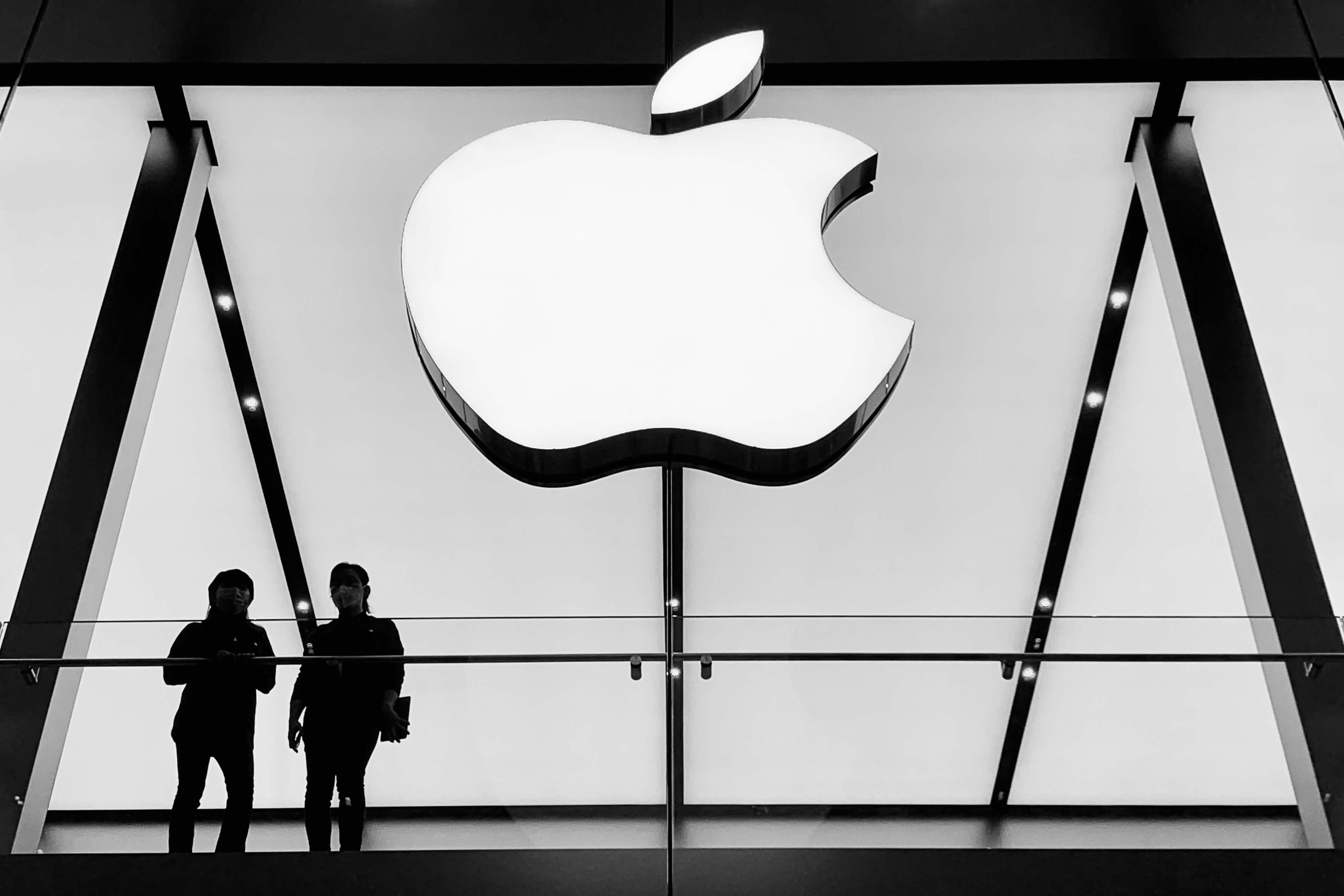





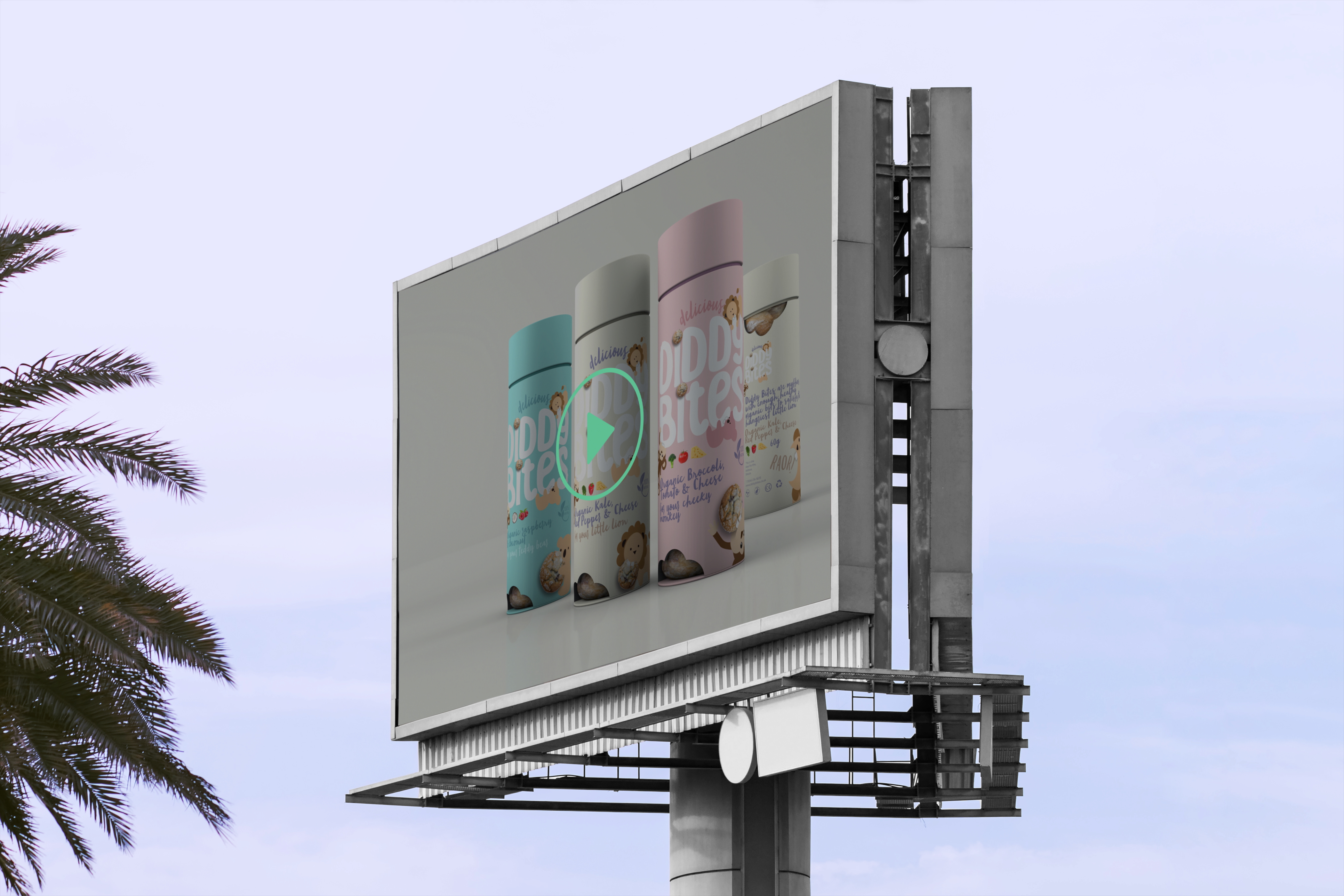





.jpg)














